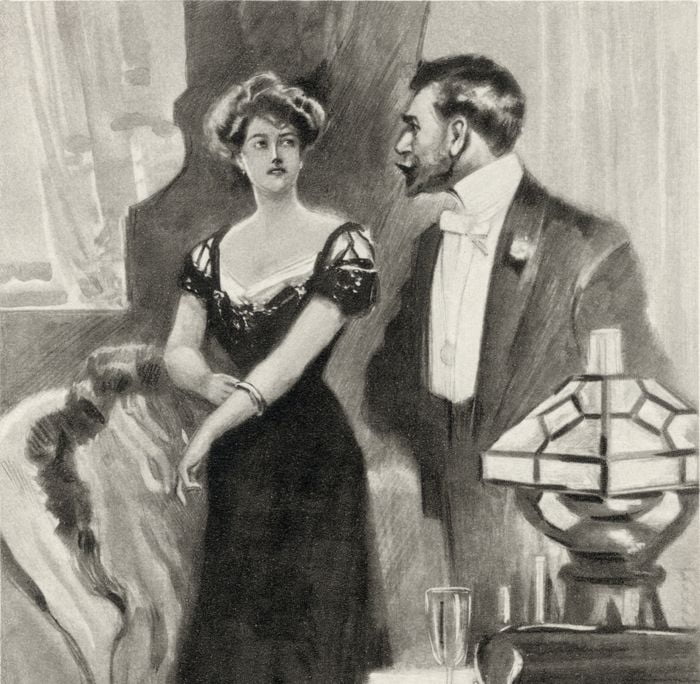“Those same Bulgarians completely destroyed the Avars. Krum asked the Avar prisoners of war, “What do you think your leader and your whole people died from?” In addition, they replied, “Because the mutual cursing increased and took the life of those braver and smarter; furthermore, because the violators and thieves became connected with the judges; also, because of heavy drinking. Since wine was plentiful, everybody became a drunkard; also, because of bribery and because of trading. Because everybody became a trader and they cheated one another. So all that caused our purify.
After Kan Krum and during the whole medieval period, the main care was the internal strengthening of social relations, and never the expansion of territories at the expense of the neighbours.
In the first centuries of Ottoman rule, the basic values of the Bulgarian were two: to secure his children, family and home, and to preserve his nationality and faith. Folklore and written testaments of the epoch provide hundreds of examples of self-sacrifice in the protection of these human values. These examples served, until the Liberation and even after that, as & hope and stimulus for survival and as a behavioral model for the common Bulgarian.
Momchil Voivode, Krali Markc Tsar Yoan Shishman, Balkandzhi Yovo, Georgi Novi Sofiyski, Vasil Petleshkov, Kocho Chestimenski – these are just a few of the many characters whose fate, often mythologized, is a lesson to generations of Bulgarians in patriotism and selflessness, endurance and courage.
Bulgarian liberation
These values became especially visible and popular in the age of the Revival when the preparation and the practical realisation of the Bulgarian liberation began. They can be found in the revolutionaries` oaths, in the codes and programmes of the revolutionary organisations, in the immigrant press, in the correspondence of the liberation activists, in Vasil Levski`s words, “I have devoted myself to die Fatherland… to serve until I die.”
“How different nations can be despite the fact that they have the same climate, religion and government; this is apparent in the towns where the Greeks have lived for centuries together with the Bulgarians.
The former are traders — clever and entrepreneurial but also hypocritical, dirty and immoral. The latter are farmers — stubborn and taciturn, but also honest, clean and I virtuous thrifty, moral and clean [Bulgarian] population in Turkey… We were particularly surprised by their strong will for .”
The moral values of the Bulgarians of the 18th-19th centuries also include hard work and honesty in economic and public affairs, respect for parents and teachers, reverence for knowledge, mutual aid and sponsorship, tolerance and justice, personal and public freedom. For the assertion of these values, the family, school and church, books and periodicals played an important role.
Read More about The Shipwreck of Simonides 2








